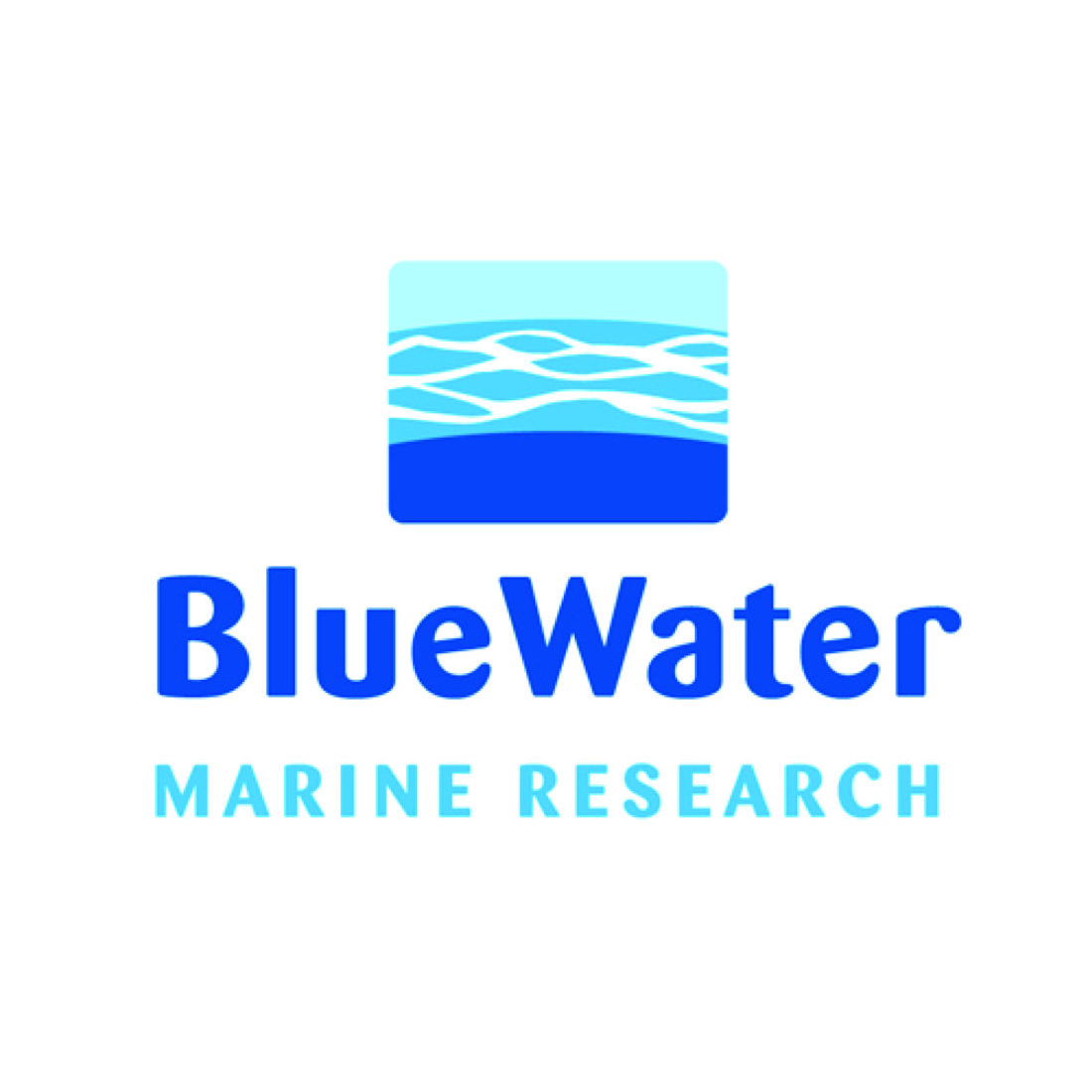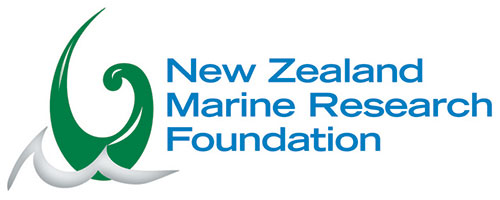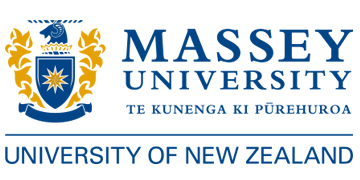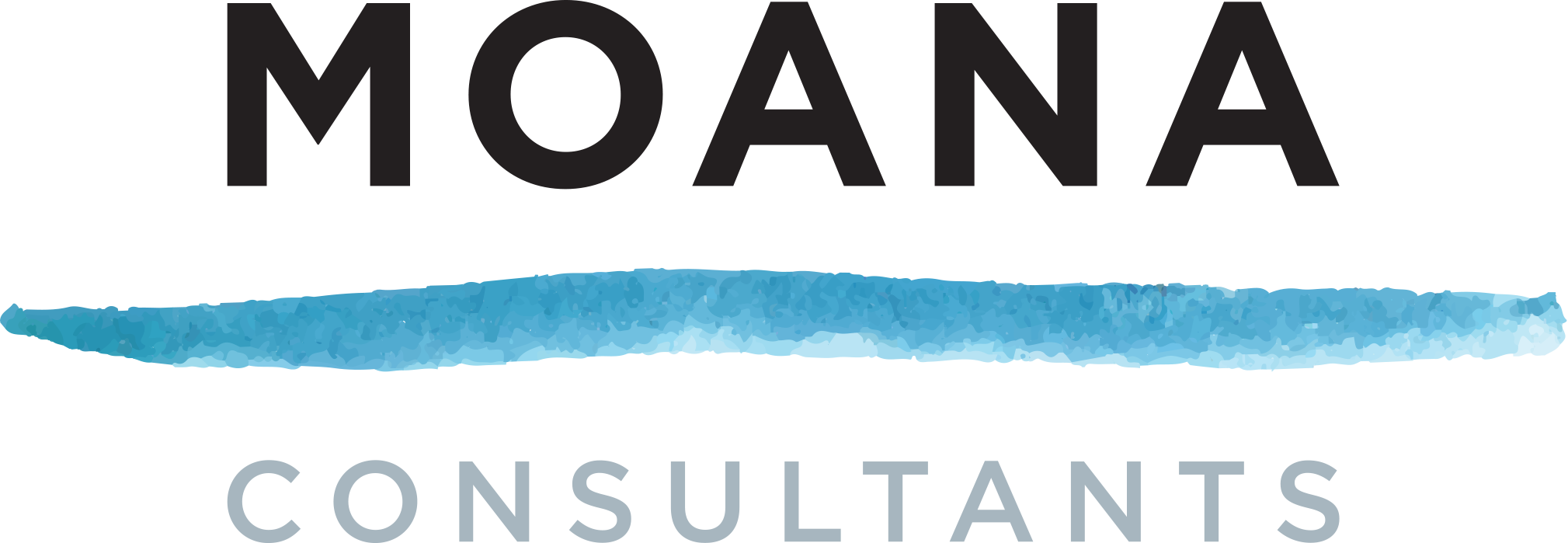Research
Research is an important aspect of fisheries and environmental management, as it influences decision-makers.
After years of working within the official system it has become obvious that most of the research into inshore fisheries is directed towards stocks that are commercially important. There is a dire need for independent, robust science that is completed free from outside influence and the ongoing demands for more catching rights.
Having more independent and robust research means decision makers can make decisions in the interests of the public. Having science-based arguments also helps our representatives to be more effective when advocating for the public’s fishing interests.
LegaSea’s parent body, the New Zealand Sport Fishing Council, has the expertise to commission, monitor, and report on research outcomes. It is LegaSea’s task to take those reports and research outcomes and make them available to you in a reader-friendly manner. Where required, links have been provided to available documents on other websites.
Our goal of abundance
Robust research is essential if we are to achieve our goal of more fish in the water for future generations. There are a lot of gaps in fisheries research. By working together we can support a range of research projects that will deliver on goal of abundance.
Every cent of your donation to the LegaSea cause goes directly to funding work aimed at achieving our goal. The funds are carefully managed by our parent body, the New Zealand Sport Fishing Council. The Council’s Fisheries Management Committee decides on the priorities and channels the team’s efforts into the important projects.
Since 2012 donations to LegaSea have contributed to
 150 Submissions
150 Submissions
 More than 500 science & research meetings
More than 500 science & research meetings
 Thousands of hours dedicated to finding solutions to depletion
Thousands of hours dedicated to finding solutions to depletion
Fisheries research
Fish stocks and fisheries are notoriously difficult to quantify. Complex mathematical models are currently used to estimate stock levels. Most of these models are based on multiple assumptions and reported commercial catch data. The public, through Legasea, helps fund technical experts to engage in the fisheries science process to give a much needed reality check on the results.
To deliver credible research and scientific support we collaborate with a range of researchers, entities and organisations including:
A helpful guide to our research initiatives
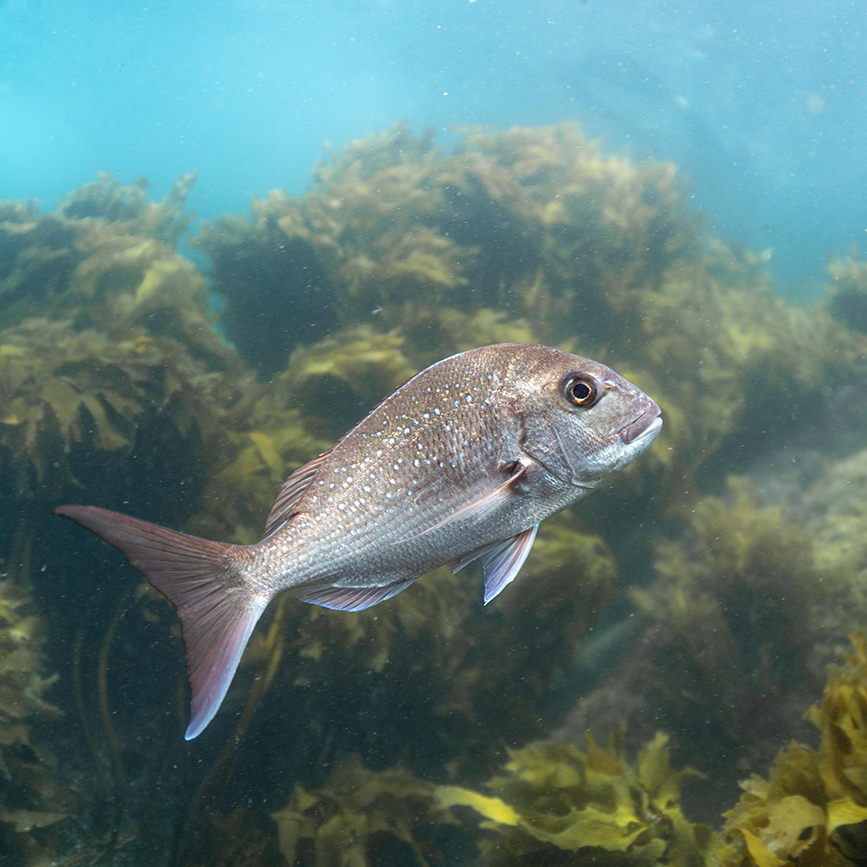 June 27, 2024
LegaSea is stunned that Fisheries New Zealand is blaming the climate for snapper having “milky white flesh syndrome”. Their latest report skips over last year’s lab results that showed snapper were in a “state of chronic malnutrition”. That testing found that tissue breakdown in snapper was attributed to a “prolonged period of starvation”. So, why […]
June 27, 2024
LegaSea is stunned that Fisheries New Zealand is blaming the climate for snapper having “milky white flesh syndrome”. Their latest report skips over last year’s lab results that showed snapper were in a “state of chronic malnutrition”. That testing found that tissue breakdown in snapper was attributed to a “prolonged period of starvation”. So, why […]
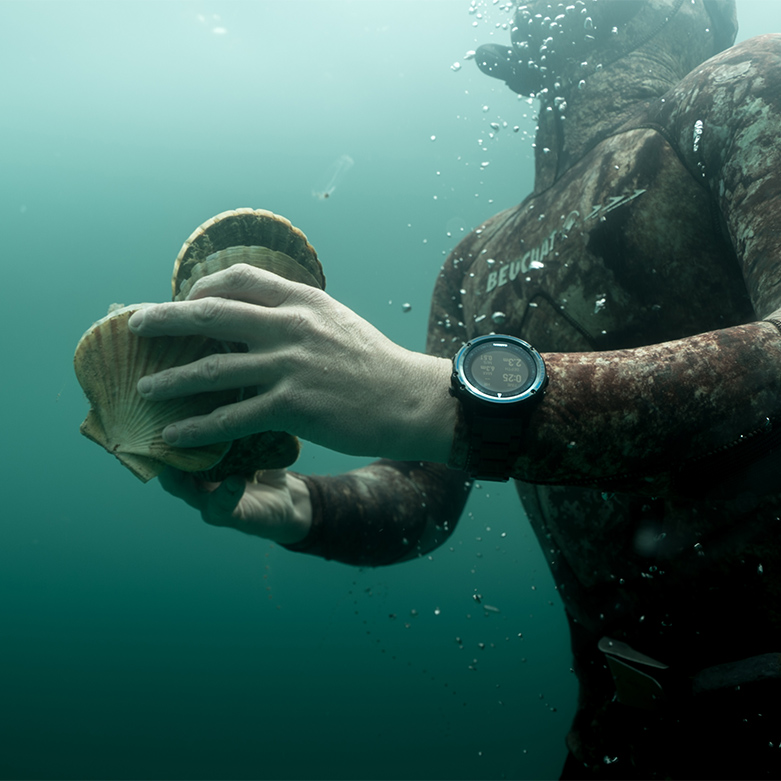 May 20, 2021
A healthy scallop population has provided for the social, economic and cultural wellbeing of mana whenua for centuries and coastal Coromandel communities for decades. There is growing concern by Ngāti Hei and local interests about the depletion of scallops in Opito Bay at the end of the Kūaotunu Peninsula on the eastern side of the […]
May 20, 2021
A healthy scallop population has provided for the social, economic and cultural wellbeing of mana whenua for centuries and coastal Coromandel communities for decades. There is growing concern by Ngāti Hei and local interests about the depletion of scallops in Opito Bay at the end of the Kūaotunu Peninsula on the eastern side of the […]
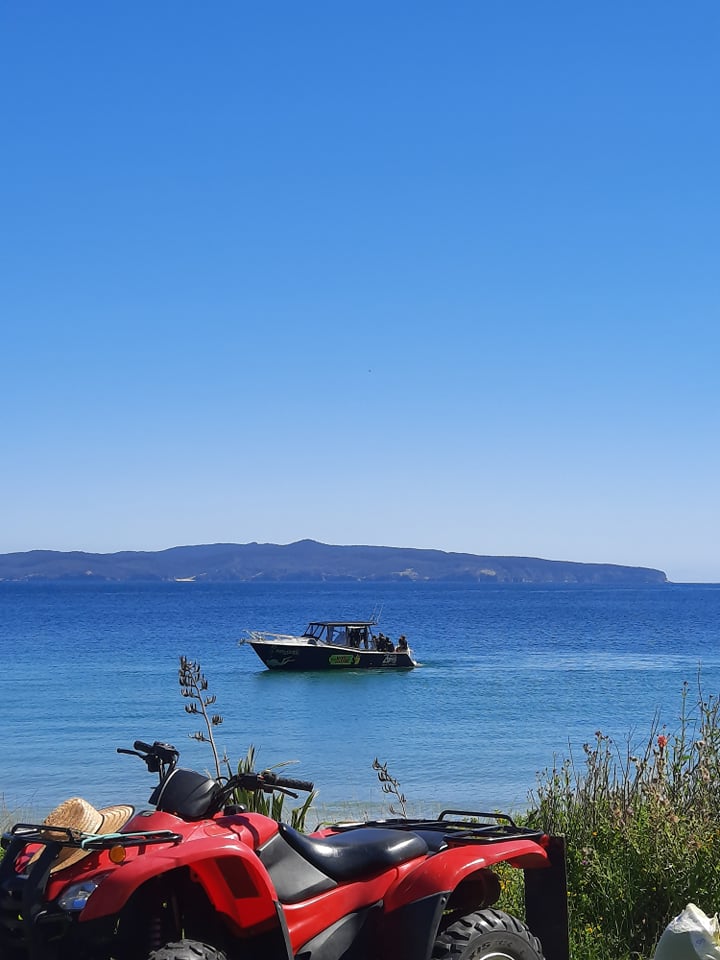 May 12, 2021
A new report shows some scallop beds off the Coromandel coast are unlikely to recover from their current depleted state, and locals are concerned that ongoing dredging will threaten the future of the delicacy. The report summarises a dive survey commissioned by the New Zealand Sport Fishing Council in 2020. In some areas of Opito […]
May 12, 2021
A new report shows some scallop beds off the Coromandel coast are unlikely to recover from their current depleted state, and locals are concerned that ongoing dredging will threaten the future of the delicacy. The report summarises a dive survey commissioned by the New Zealand Sport Fishing Council in 2020. In some areas of Opito […]
 February 25, 2021
This summer people of the Coromandel and Bay of Plenty have taken bold steps to address concerns about the depleted state of local scallop beds. The community and visitors have largely complied with a voluntary ban on taking scallops from Opito Bay on the eastern side of the Coromandel Peninsula, exceeding expectations over the busy […]
February 25, 2021
This summer people of the Coromandel and Bay of Plenty have taken bold steps to address concerns about the depleted state of local scallop beds. The community and visitors have largely complied with a voluntary ban on taking scallops from Opito Bay on the eastern side of the Coromandel Peninsula, exceeding expectations over the busy […]
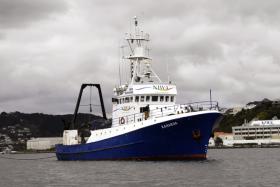 December 19, 2019
Reports that snapper have been caught in waters around Fiordland and Dunedin have raised a few eyebrows, and the prospect that warming waters may be affecting fish distribution. We don’t know how environmental changes will affect spawning success or how many juveniles will eventually make it to adulthood in these changing environments. In an effort […]
December 19, 2019
Reports that snapper have been caught in waters around Fiordland and Dunedin have raised a few eyebrows, and the prospect that warming waters may be affecting fish distribution. We don’t know how environmental changes will affect spawning success or how many juveniles will eventually make it to adulthood in these changing environments. In an effort […]
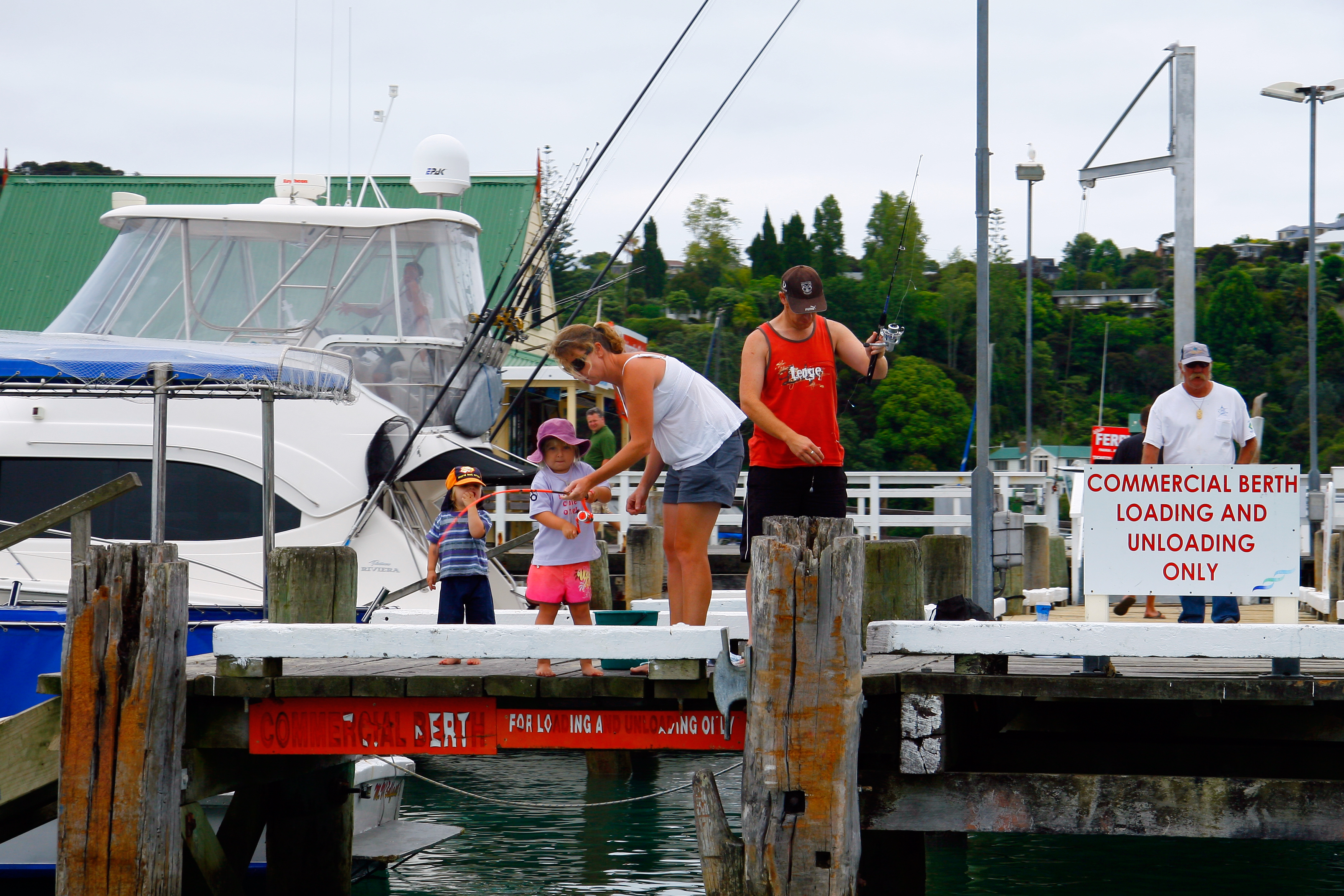 December 18, 2019
At this time of year we often hear wailing about recreational fishers taking too many fish and how that threatens overall sustainability. The good news is twofold. One, we still have good access to fisheries that thousands of Kiwis enjoy over summer. Secondly, we have new national survey results that show that recreational harvest is […]
December 18, 2019
At this time of year we often hear wailing about recreational fishers taking too many fish and how that threatens overall sustainability. The good news is twofold. One, we still have good access to fisheries that thousands of Kiwis enjoy over summer. Secondly, we have new national survey results that show that recreational harvest is […]
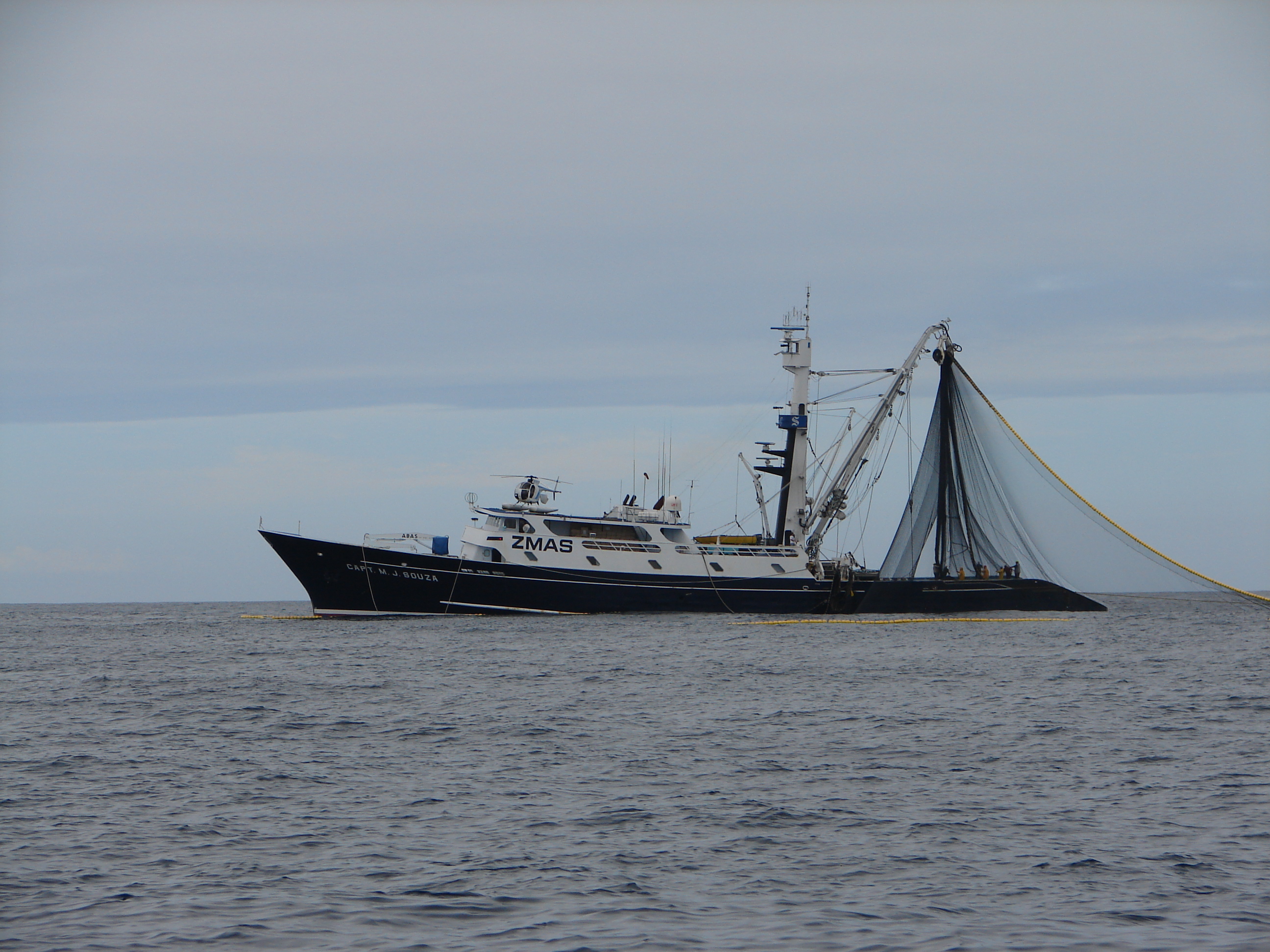 November 30, 2019
A recent government report on the state of our marine environment raises legitimate concerns about the lack of information on fishing levels, the impacts of fishing, and that fishing has become more industrialised. The report, Environment Aotearoa 2019 was a joint initiative by the Ministry for the Environment and Stats NZ. The report authors make […]
November 30, 2019
A recent government report on the state of our marine environment raises legitimate concerns about the lack of information on fishing levels, the impacts of fishing, and that fishing has become more industrialised. The report, Environment Aotearoa 2019 was a joint initiative by the Ministry for the Environment and Stats NZ. The report authors make […]
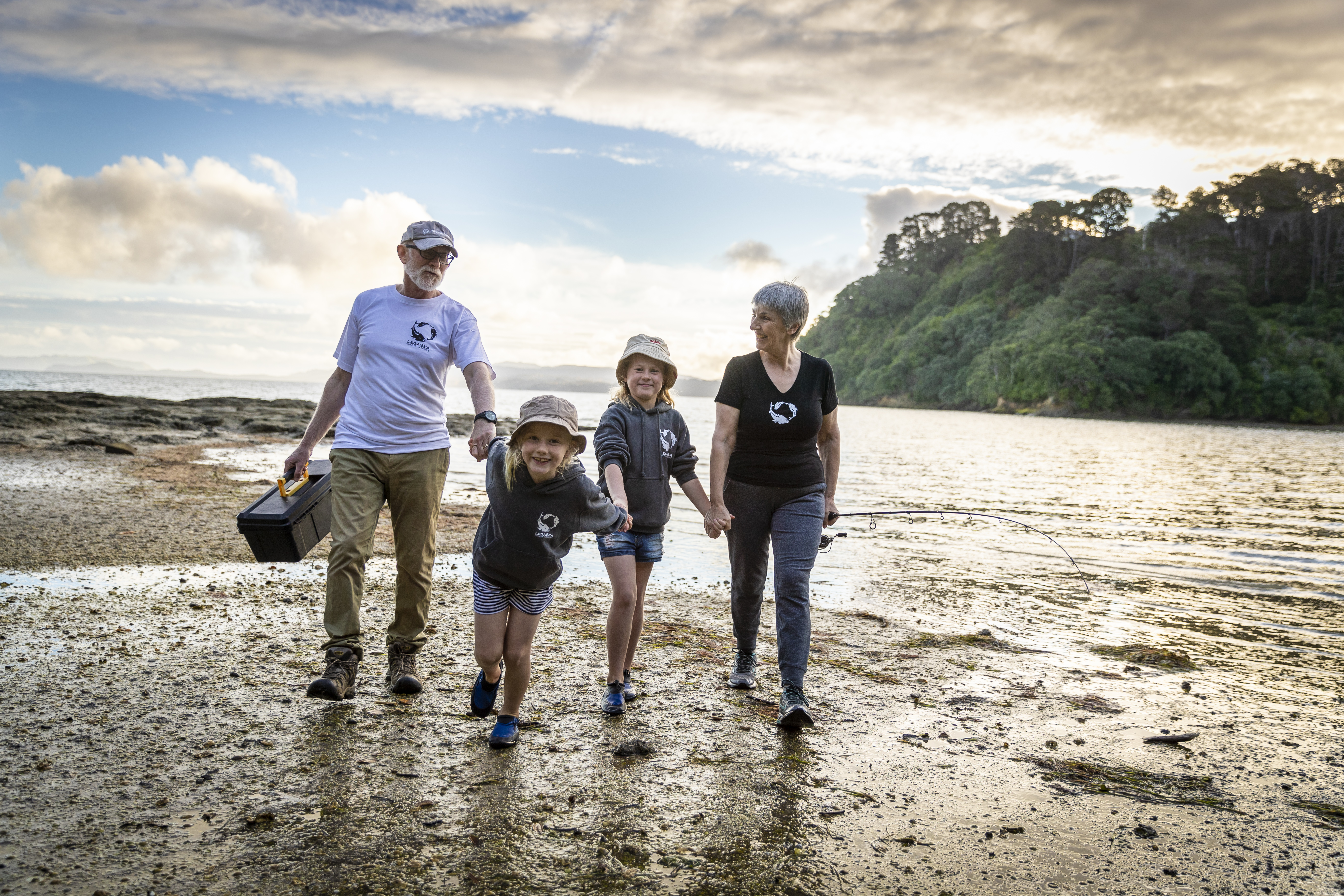 October 8, 2019
LegaSea is intrigued by MPI’s reaction to the most recent report of recreational harvest estimates. Since 2012 total recreational catch of finfish is down by 19% and shellfish and other non-finfish species catch has reduced by 41%. On the day the harvest estimate report was released MPI ignored those details and instead made out that […]
October 8, 2019
LegaSea is intrigued by MPI’s reaction to the most recent report of recreational harvest estimates. Since 2012 total recreational catch of finfish is down by 19% and shellfish and other non-finfish species catch has reduced by 41%. On the day the harvest estimate report was released MPI ignored those details and instead made out that […]
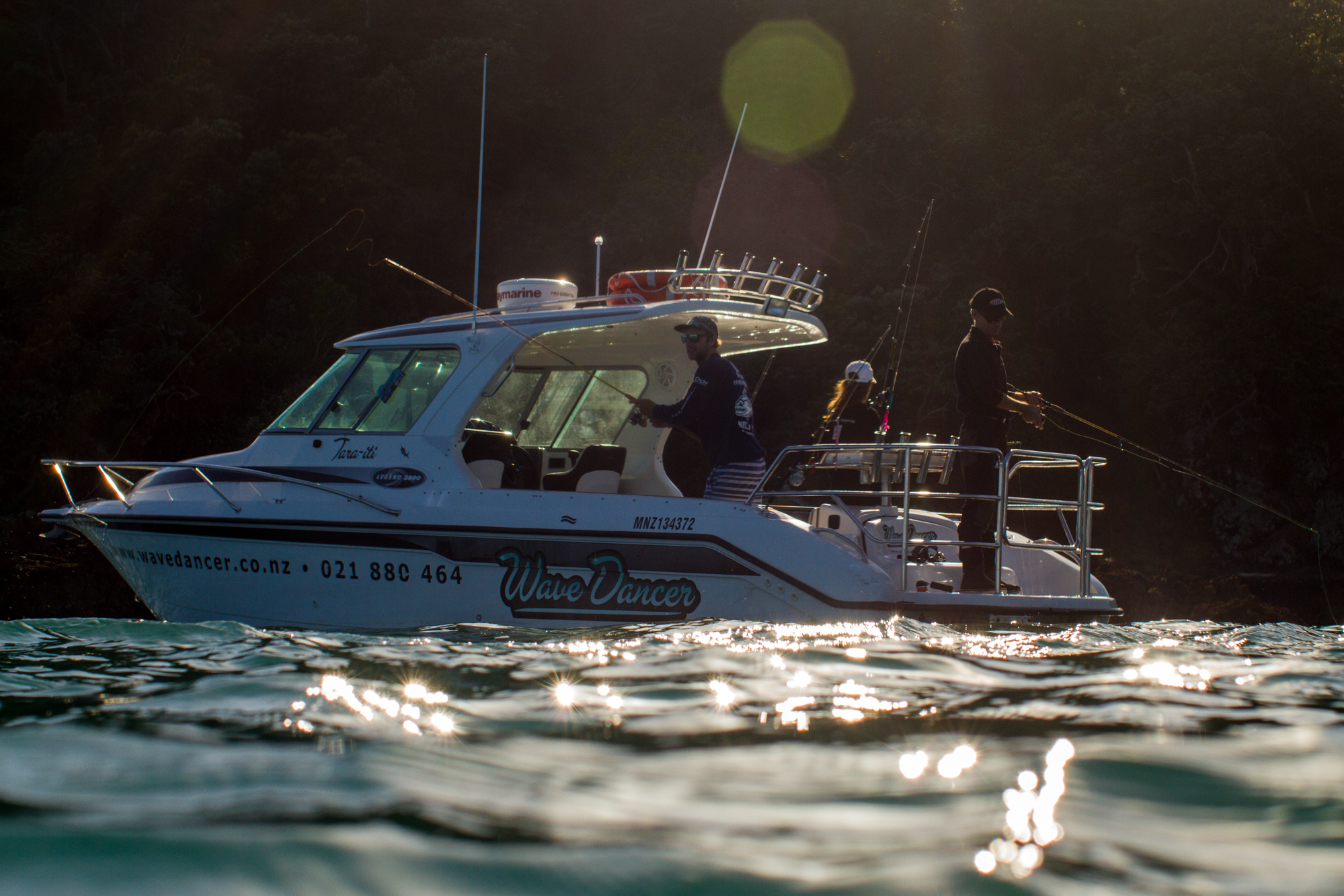 July 24, 2019
Fisheries New Zealand has released management proposals that will affect 13 inshore finfish and shellfish stocks, and seven deepwater stocks. If changes are approved, they will apply from October this year. FNZ information is available online. Changes to the reporting regime for charter boat operators are also proposed. Since 2010 charter vessels have been required […]
July 24, 2019
Fisheries New Zealand has released management proposals that will affect 13 inshore finfish and shellfish stocks, and seven deepwater stocks. If changes are approved, they will apply from October this year. FNZ information is available online. Changes to the reporting regime for charter boat operators are also proposed. Since 2010 charter vessels have been required […]
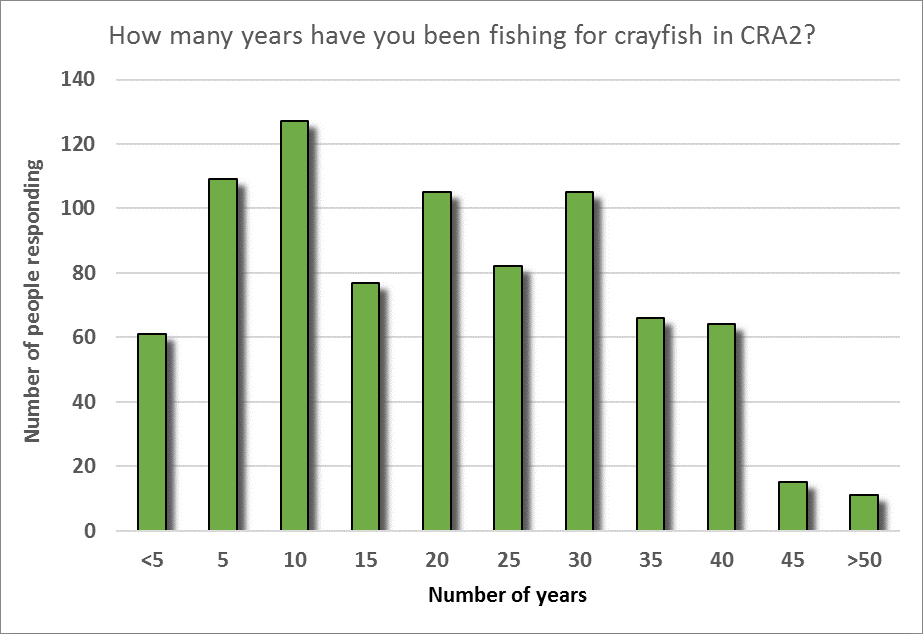 March 31, 2017
New Zealand Sport Fishing Council March 2017 Between January and March 2017 a survey was conducted to measure people’s perceptions of the state of the rock lobster (crayfish) fishery on the northeast coast of the North Island, known in management terms as CRA 2. Over 800 responses were received, with many respondents having dived or […]
March 31, 2017
New Zealand Sport Fishing Council March 2017 Between January and March 2017 a survey was conducted to measure people’s perceptions of the state of the rock lobster (crayfish) fishery on the northeast coast of the North Island, known in management terms as CRA 2. Over 800 responses were received, with many respondents having dived or […]











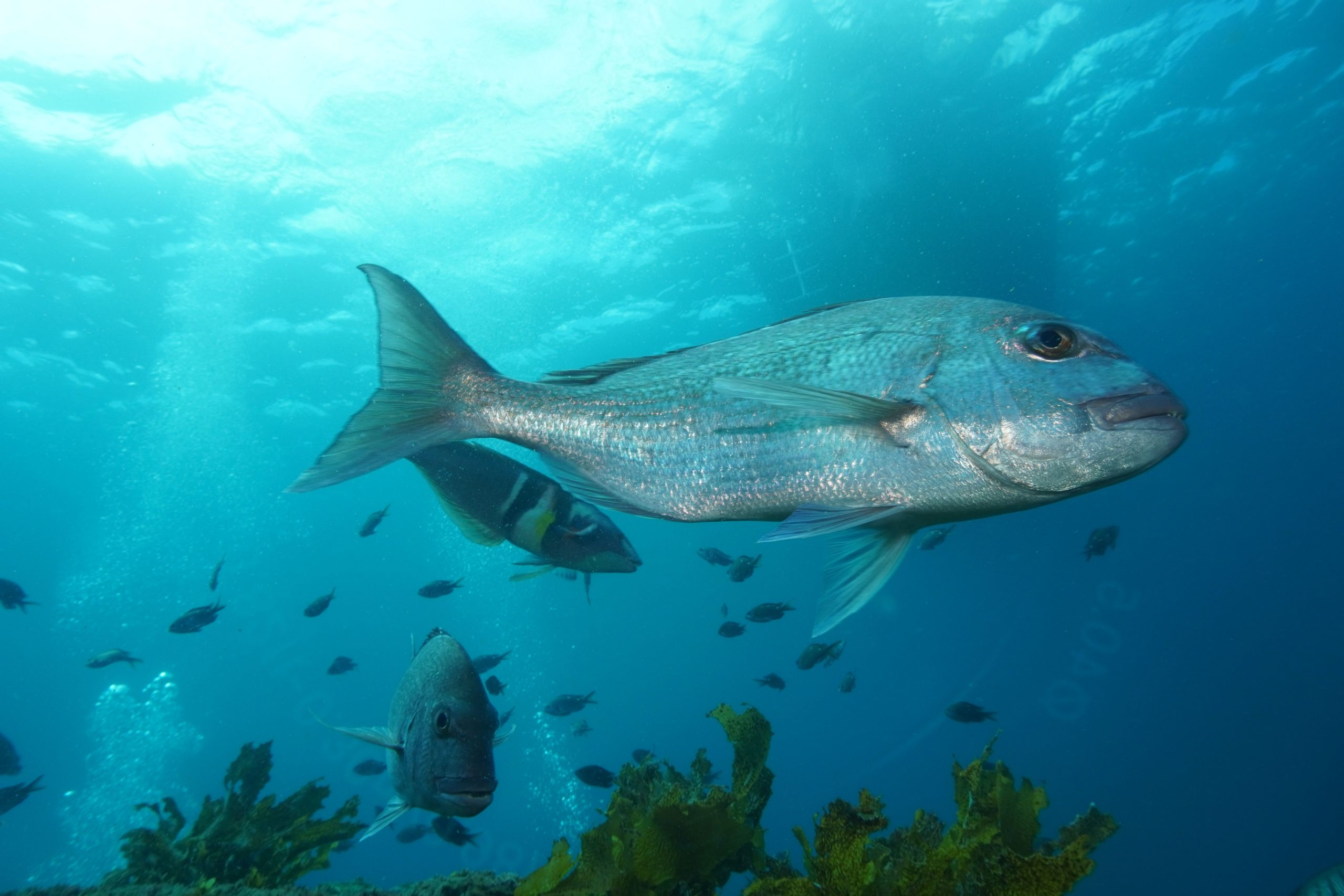

 150 Submissions
150 Submissions More than 500 science & research meetings
More than 500 science & research meetings Thousands of hours dedicated to finding solutions to depletion
Thousands of hours dedicated to finding solutions to depletion